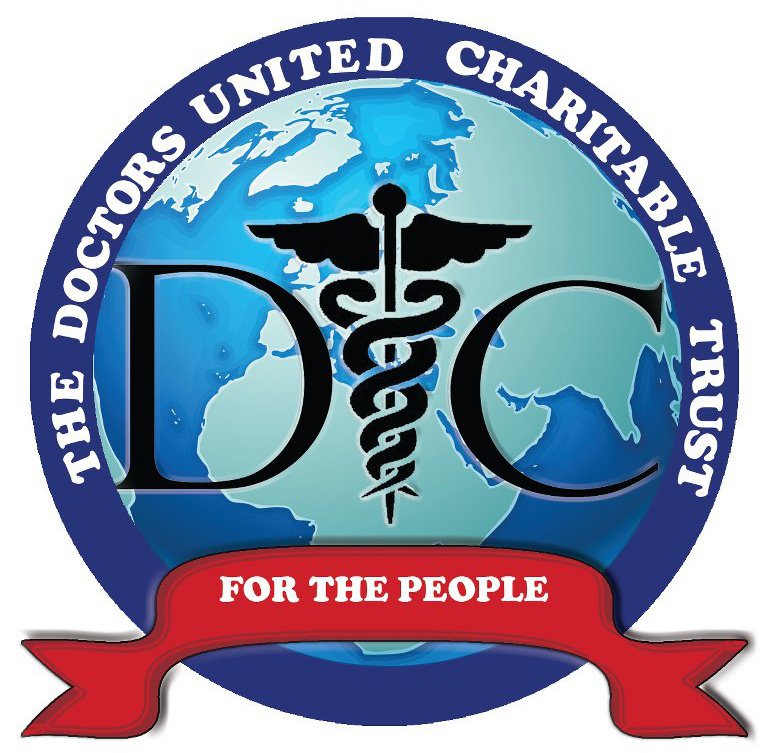From HIV Stigma to Marriage: Transformative Journey in India

In India, being diagnosed as HIV-positive in the 1990s was often perceived as a death sentence, carrying with it immense stigma and social rejection. However, advancements in medical treatment and increasing societal acceptance have led to a significant transformation in the lives of individuals living with HIV. This article explores the journey of HIV-positive Indians from despair to hope, focusing on their newfound ability to marry and raise families, which reflects a broader societal change.
Historically, the landscape for those diagnosed with HIV/AIDS in India was bleak. According to the National AIDS Control Organisation (NACO), as of 2019, there were approximately 2.3 million people living with HIV in India, making it the country with the third-highest HIV burden globally. The fear of social ostracism often compounded the challenges faced by these individuals. For many, the diagnosis was synonymous with isolation and a diminished quality of life.
Today, however, the narrative is changing. Tarun (name changed), a Mumbai resident diagnosed with HIV over two decades ago, exemplifies this shift. Initially given only a month to live, Tarun has thrived for 23 years, supported by antiretroviral therapy (ART) and the backing of a strong family and community network. He is now married to Anushka (name changed), who is also HIV-positive, and together they are raising two children, one biological and one adopted, both of whom are HIV-negative.
Anjali Gopalan, founder and executive director of The Naz Foundation (India) Trust, emphasized, "Today, more HIV-positive people are getting married compared to a decade ago. Many are even marrying HIV-negative partners." This sentiment is echoed by Sumi MK, an advocacy officer at Humsafar Trust, who noted a rise in matrimonial matches among HIV-positive individuals.
The emergence of specialized matrimonial websites such as HIVParichay.com and Positivesathi.com further reflects the evolving attitudes toward HIV in marriage. Traditional platforms like Jeevansathi.com have also created sections specifically for HIV-positive individuals, marking a significant cultural shift.
Despite these advancements, challenges persist. Tarun revealed that discrimination during childbirth remains a significant hurdle, with many healthcare providers hesitant to assist HIV-positive couples. Dr. Rashmi Singh, a Delhi-based specialist, explained the medical protocols involved in ensuring safe childbirth for HIV-positive parents. "If the mother is HIV-positive and adheres to ART, the risk of transmitting the virus to the baby can be reduced to less than 1%."
Furthermore, while HIV-positive couples can lead fulfilling relationships, they must navigate the complexities of intimacy and health management. Regular monitoring of both partners' viral loads is crucial for safe family planning, as highlighted by Tarun's experience.
Experts also point out that the journey towards acceptance and love for HIV-positive individuals is not without its emotional challenges. Sumi MK noted the gender disparity in community meet-ups organized by NACO, which often results in a low success rate for matchmaking efforts. Tarun has taken an active role in facilitating these meet-ups, which aim to connect individuals and provide a supportive environment.
The societal shift towards acceptance is further supported by government initiatives and the growing awareness of HIV/AIDS. India's ART program has emerged as one of the world's most effective, providing essential treatment to millions at no cost through government facilities. As Tarun noted, "With the right support and counselling, many couples focus on their relationships rather than the condition."
In conclusion, the journey from a death certificate to a marriage certificate for HIV-positive individuals in India is a testament to the power of medical advancements and societal change. As stigma continues to diminish and support systems strengthen, more individuals are reclaiming their right to love and live fully. The future holds promise for a continued increase in acceptance and opportunities for HIV-positive individuals, ultimately leading to healthier relationships and families.
This evolving narrative not only highlights the resilience of individuals living with HIV but also serves as a reminder of the ongoing need for education, advocacy, and support to combat the stigma that still exists within society.
Advertisement
Tags
Advertisement





